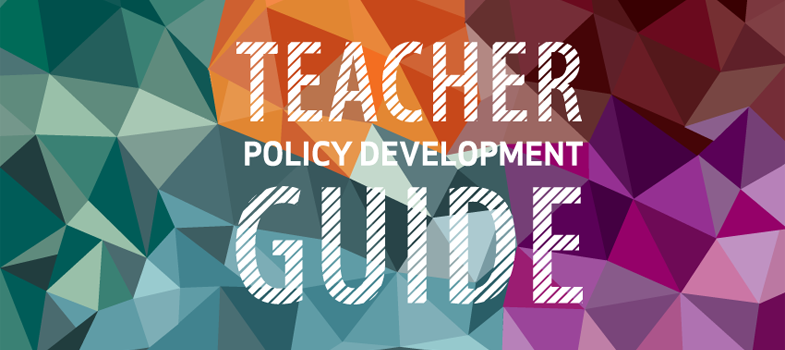Chapter 4: Phases
Preface
This chapter considers some of the practical issues related to the process of developing a teacher policy. It builds on Chapter 2, which discusses the framing of teacher policies in different contexts, and Chapter 3, which describes various dimensions of teacher policy. It should be read in conjunction with Chapter 5, which considers key aspects of implementing national teacher education policies.
Teacher policy is a key aspect of public policy. It serves as an instrument for the direct allocation of public resources and actions. Its goal is to enhance teacher quality, thus improving teaching and student learning. For the process of policy development to succeed, it must be well planned from the outset; there are strong linkages between policy development, planning for implementation, implementation, and resourcing. Usually planning units in MoEs play a key role in the process. For example, the MoE in Singapore has a Planning Division, whose mission is ‘to formulate and review education policies as well as manage and analyse key MoE data to support MoE management in decision-making’ (https://www.moe.gov.sg/ about/ org-structure/ pld [Tip: hold Ctrl and click a link to open it in a new tab. (Hide tip)] ).
The MoE/Department of Education (DoE) is a key actor in organizing the teacher policy development process. At the outset of such a process, the MoE should clarify the phases and stages of the process, identify the relevant bodies to be involved in the process, the timeframe, and the costs. An important consideration in developing any teacher policy is to ensure that there is a task force or group steering the process. Often, governments appoint a task force or committee of MoE personnel, together with experts including academics and representatives of partner organizations, such as teacher unions and donor agencies, to manage and lead the process. The committee’s tasks may include convening meetings, commissioning relevant research, overseeing consultations with stakeholders and generally organizing the policy process. Such a task force or group is ultimately accountable to the MoE.
It must be recognised that preparing a teacher policy is often a long, complex, and daunting task. There is no universal ‘one size fits all’ approach to policy development, as the process is highly context-specific. The United Nations Relief and Works Agency for Palestine Refugees in the Near East (UNRWA) Teacher Policy (2013) notes that ‘Any policy has to be set in context’, recognising that its policy is part of ‘the multi-faceted UNRWA Education Reform of which the Teacher Policy is one key aspect’. The type of policy to be developed – whether it will take the form of a legislative act or programme, or set of regulations or regulatory guidelines (Chapter 5) – also dictates the approach to be taken in the policy development processes, as each country has its own rules and procedures to be followed.
Activity: The six phases of policy development
Policy making can be conceptualised as a six-stage process. Section 4 describes the six phases of policy development.
For each phase, note down the key activities that are involved. Reflect on your own context and consider which processes could be improved.
